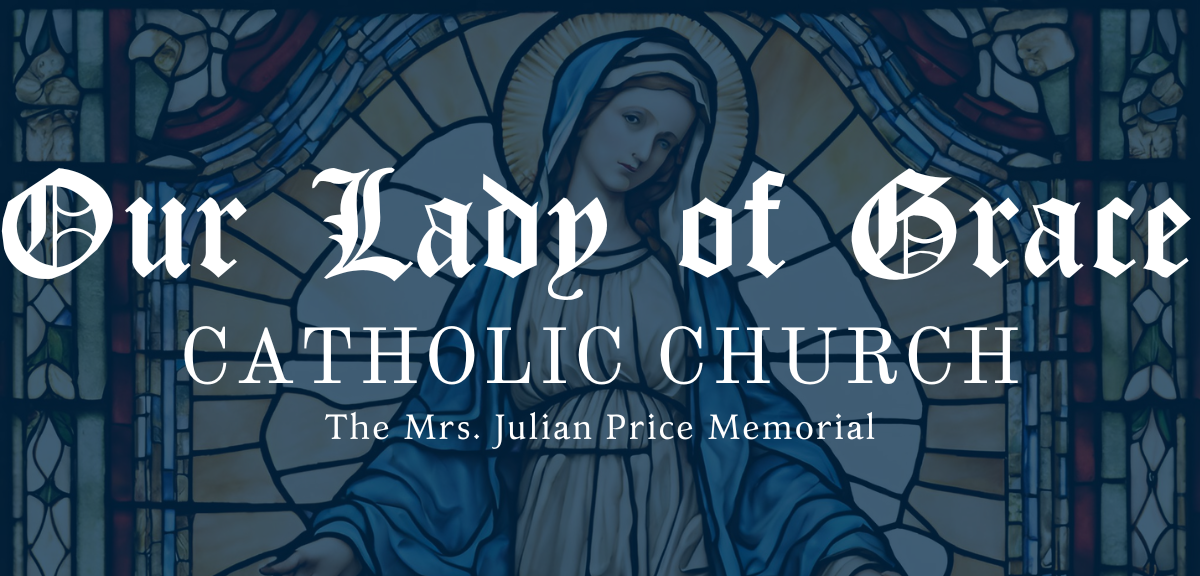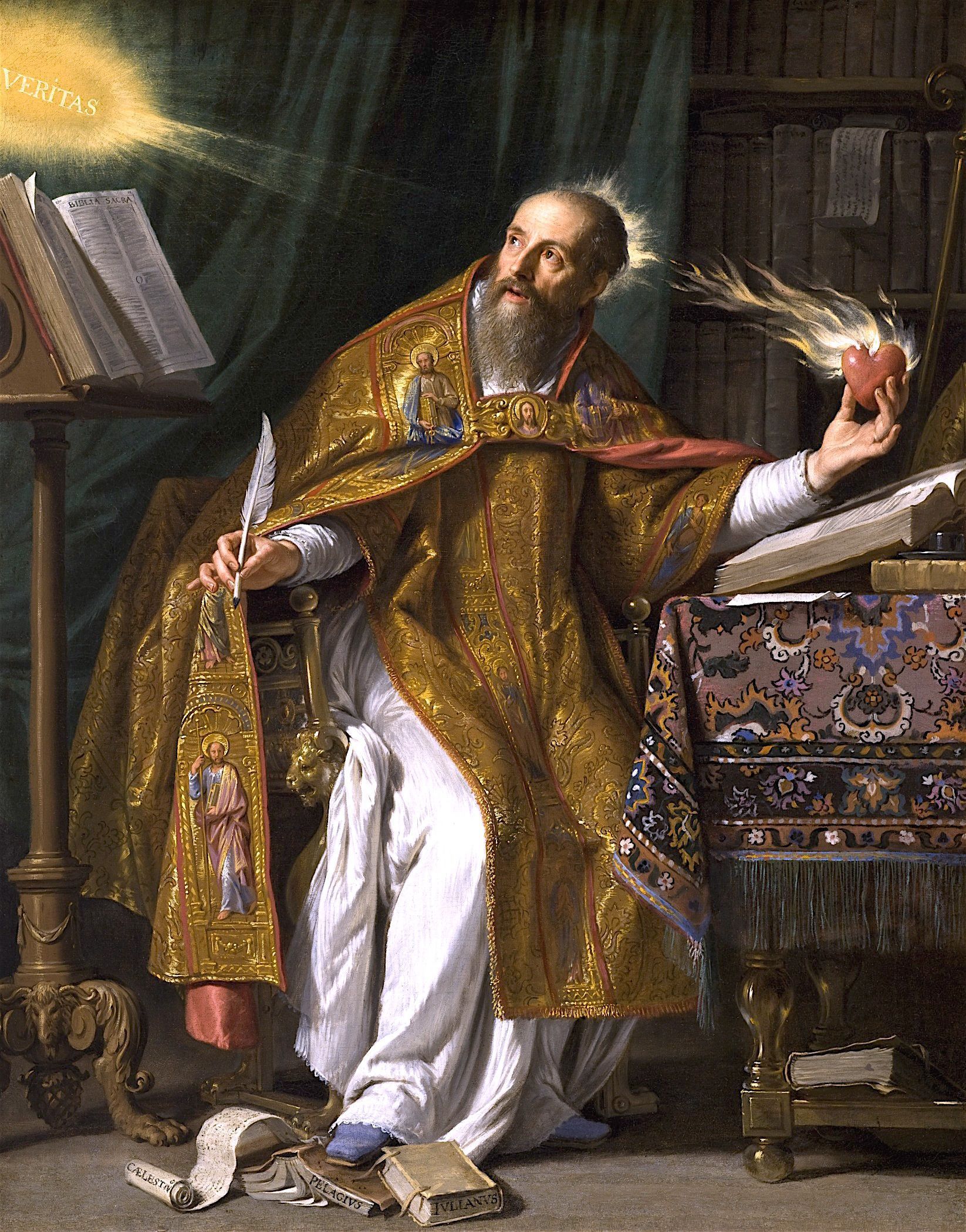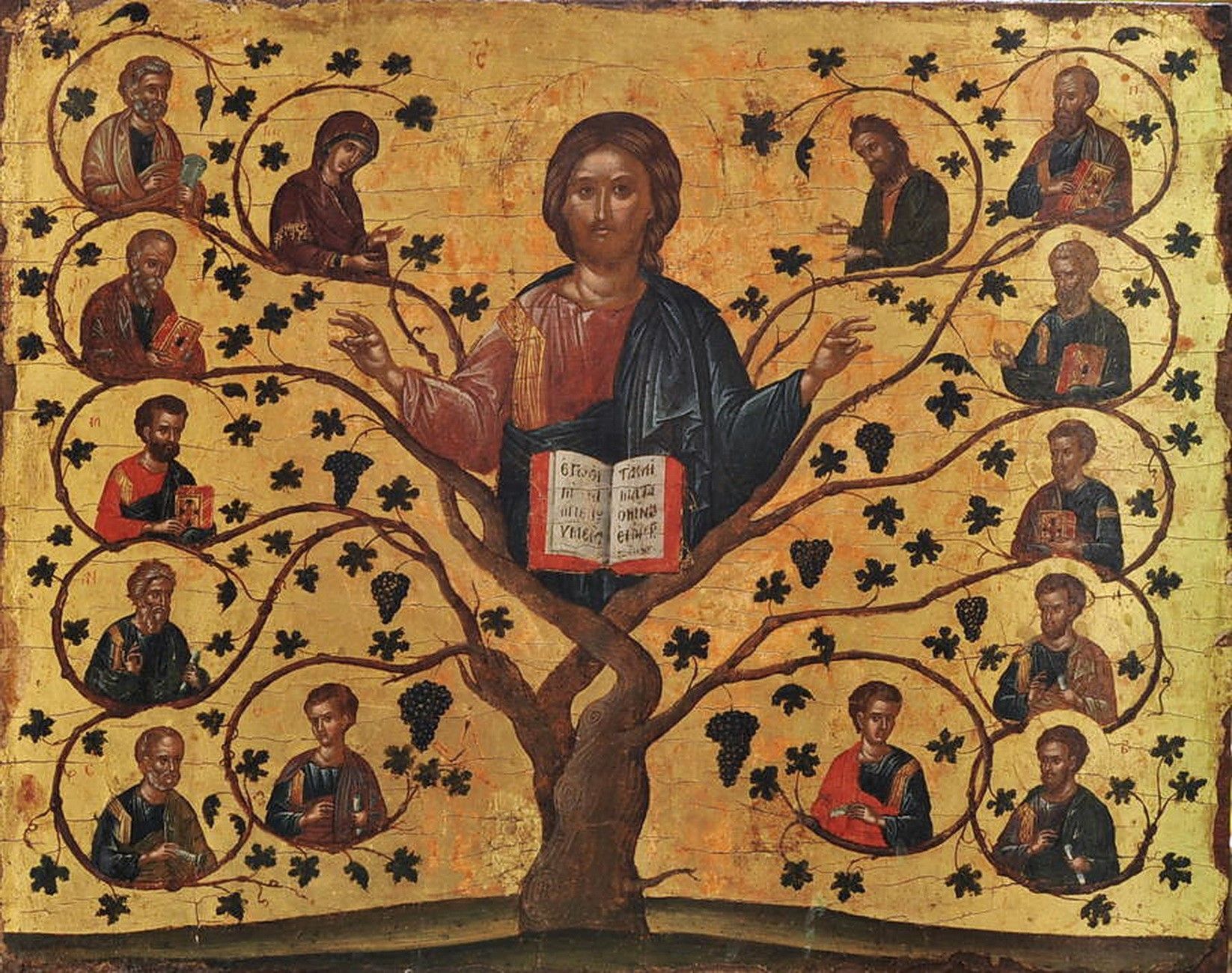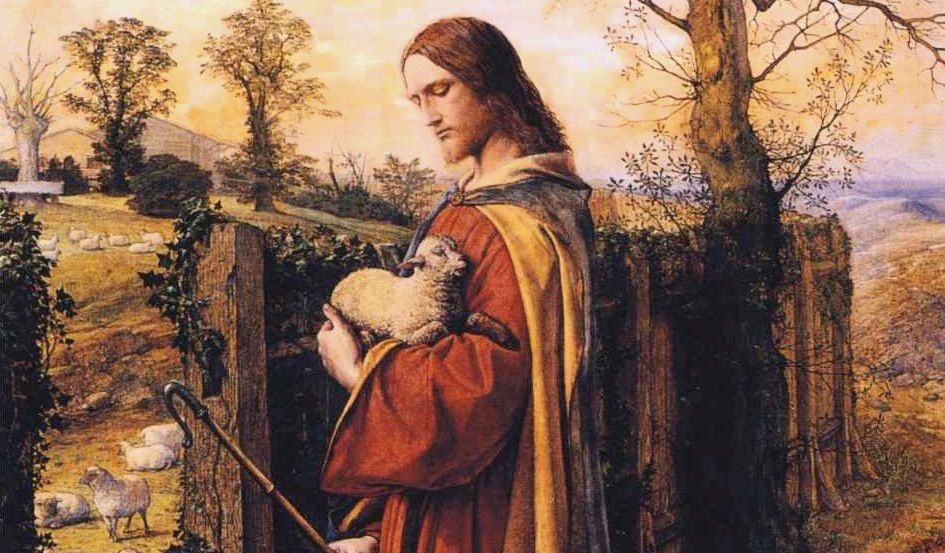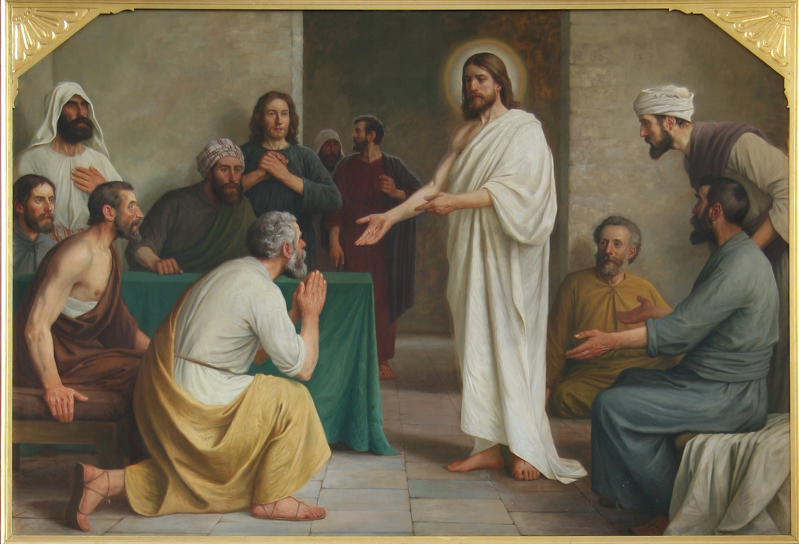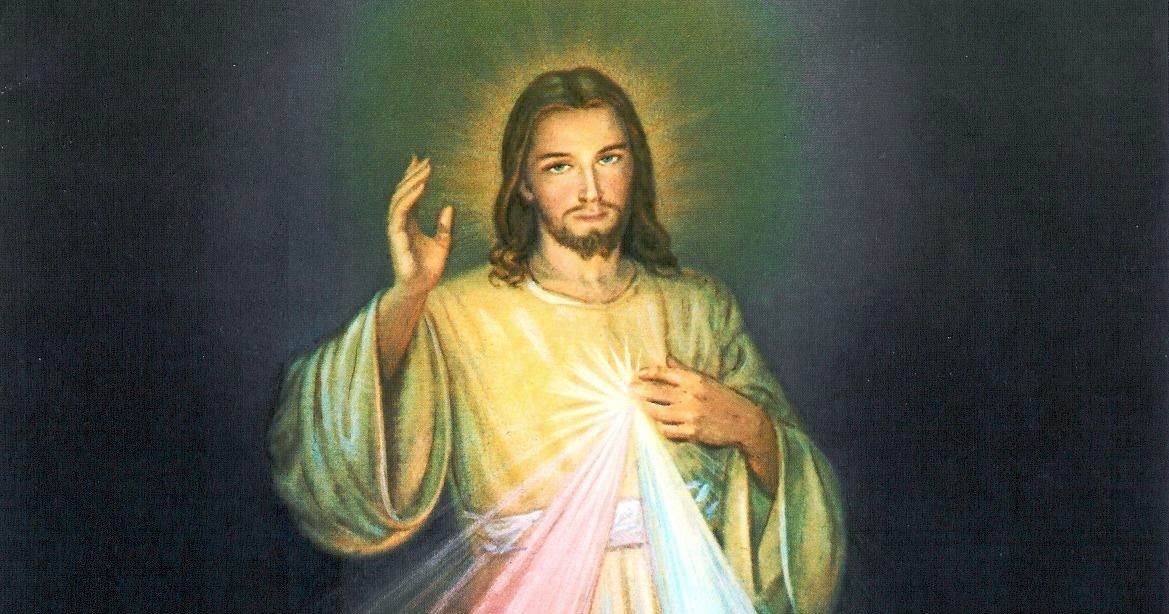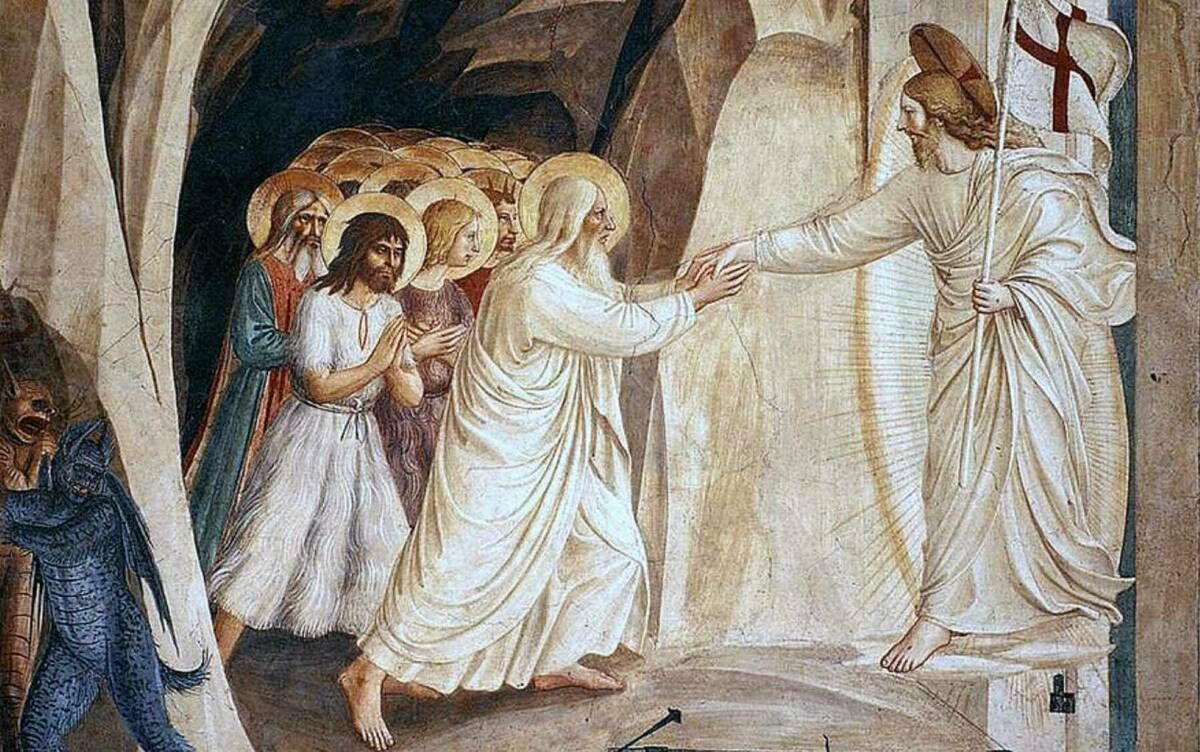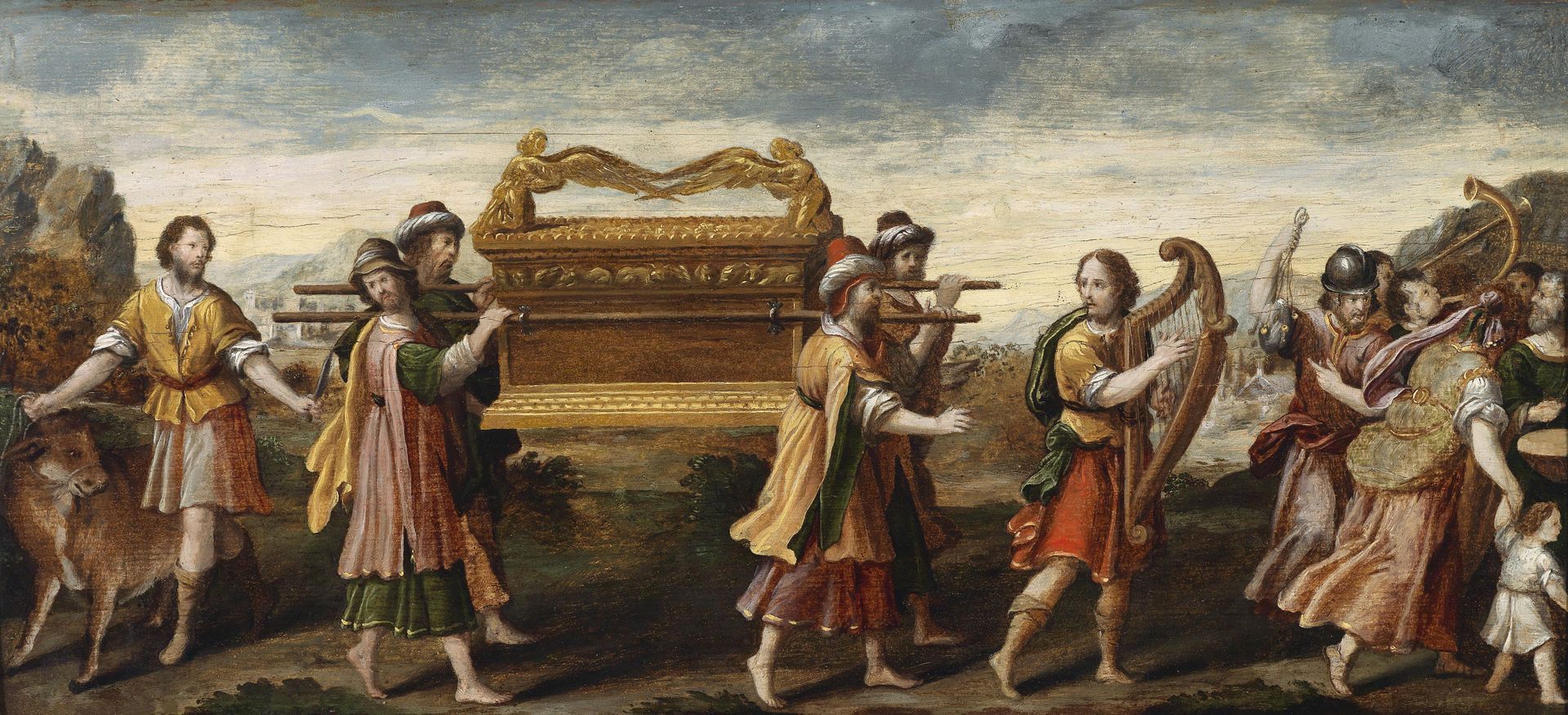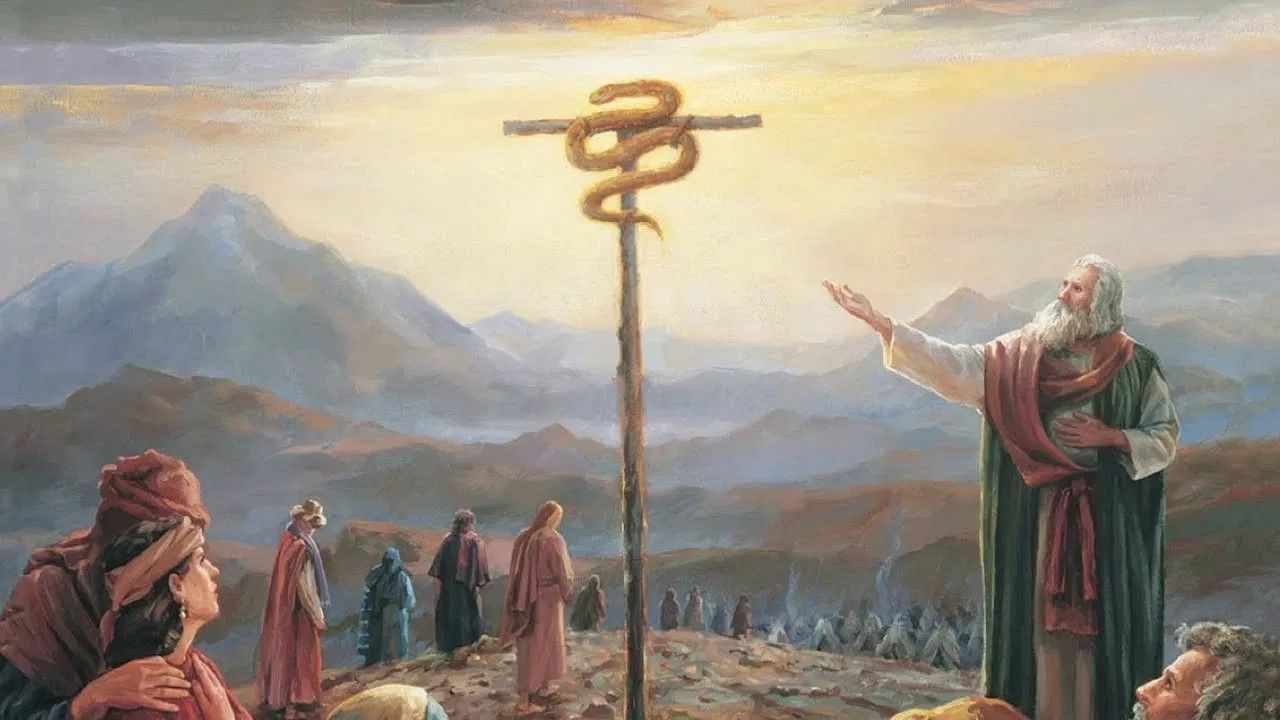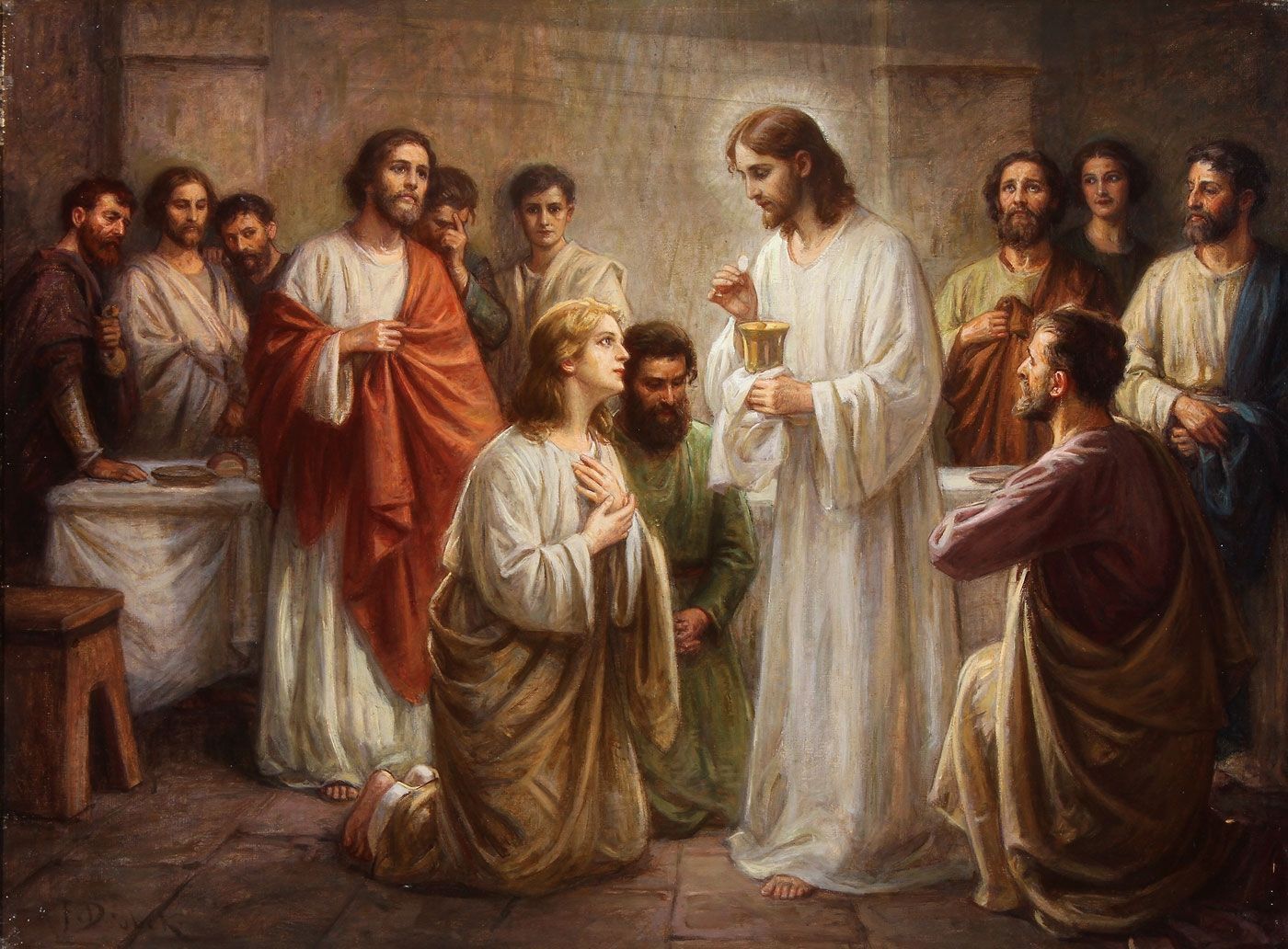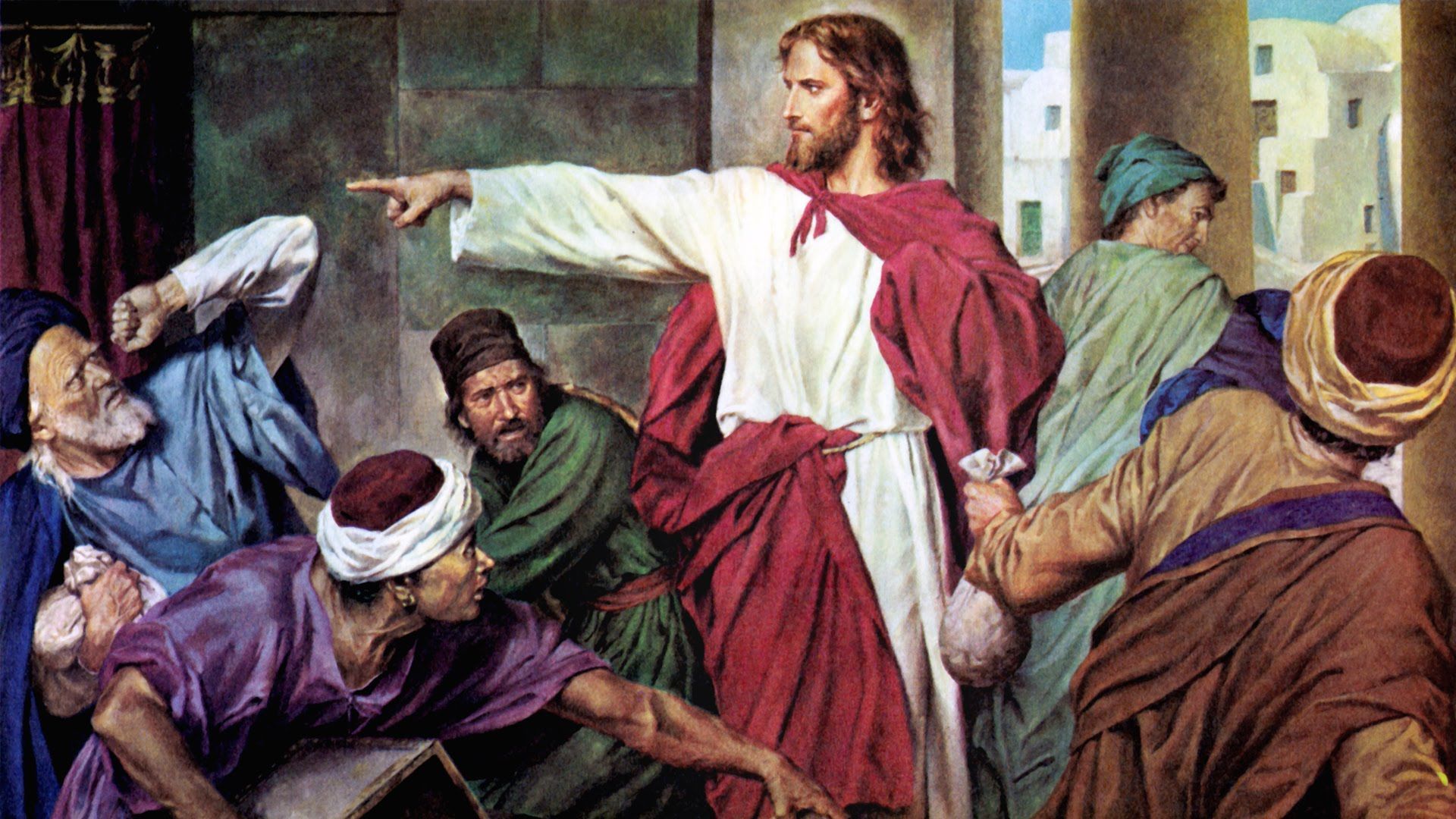Palm Sunday 2024
Logos
In today’s Gospel, we see the institution narrative of the Eucharist and the Passion as told by Mark. For the last three weeks, we’ve been hearing the account of John’s Gospel, so why the change? Famously, John’s Gospel is the only of the four that does not contain the institution of the Eucharist. For a Gospel as focused on the Divinity of Christ and Sacramentality of His ministry as John’s, this seems odd. Why would he omit one of the singular most important moments of Christ’s ministry, when He instituted the Sacrament that is the source and summit of our faith? The answer, I believe, is that he didn’t. He covered all of the important elements in chapter six, when he told the multiplying of fish and loaves and the Bread of Life discourse.
We know the discourse well enough, and we use it to demonstrate the importance of the Eucharist. If you do not eat My body and drink My blood, you have no life in you. But we miss an important element from the beginning of the chapter, the miracle of multiplication. We know that we preserve ourselves by eating—when we eat something, we take its matter into ourselves, and by the processes of the body, we destroy that matter and assimilate it. It ceases to be itself and instead becomes a part of us. What we see in this miracle, though, is something different. Scripture does not tell us the mechanism by which Christ performed the multiplication, we are told that He blessed the bread and broke it and began to distribute it and the bread never ran out. On the surface, we see a similarity to the Eucharist here, because we know that, as St. Thomas Aquinas teaches, every particle of the Eucharist contains the fullness of the body, blood, soul, and divinity of Christ. From the fraction of the host to the distribution, each person receives his fill of the entirety of Christ in each morsel that is distributed.
There is, however, an important element here that can be easily missed. Where we receive in the eating, and we destroy the object to make it a part of us, Christ does not. By simply holding the bread in His hand, He imparts something of Himself to it. His soul informs the bread that it is now more than it is, and He assimilates it without destruction. In the multiplication, the bread receives a glimmer of His infinite Divinity, and it expands to overflowing, filling everyone present with baskets left over. In the Eucharist, it receives so much more—for His soul enters the very bread, leaving its likeness the same, but filling it with the totality of Himself. The Creed teaches us that the Son proceeds from the Father, and the prologue of John’s Gospel explains it. The Word was with God in the beginning, and through Him all things were made. The Word—Logos—is a metaphor, because a word is what we use to convey something that is in our mind to another mind.
Christ is more than a mere word, He is the Living Word, the mind of God made flesh, the fullness of the Father resides in Him, the perfect expression of Himself—and so we say the Son proceeds from the Father. Likewise, the Eucharist is the procession of the Son. From the Son proceeds the fullness of His body, blood, soul, and divinity, which resides in the elements of bread and wine for us to consume and assimilate into ourselves. The Father speaks Himself and all of Creation issues forth. The Son speaks Himself and the Life issues forth, informing the bread of its new nature, and drawing us to Himself. Just as the bread becomes His body without changing its outward attributes, so we become His body while retaining our uniqueness.
The Eucharist itself is a prefigurement of His mystical body, and His mystical body is a prefigurement of the perfect unity of the communion of the Saints in eternity with Him. Even the communion of the Saints is yet a symbol of the unity of the Trinity, which contains three distinct Persons in one totally united Divine Essence. Through the Son’s procession from the Father, all things are made, and through the Sacrament’s procession from the Son, all things are made new. We see another glimmer of this when Christ appeared to His apostles in the upper room following His resurrection. John records yet another small detail of infinite importance. When He told them receive the Holy Spirit, John tells us, He breathed on them. When else did God breathe? When He breathed on dust and made it man. The breath of God gave life to dust and made it man, and again the breath of God gives life to man and makes him God. Through His Word, He gives us Life; through His breath, He gives us Spirit; and through His death, He reconciles the world to Himself—so that by being raised up, He draws all men to Himself, assimilating without destruction, and glorifying by grace and truth all who follow Him.
On the night of that Last Supper,
Seated with His chosen band,
He, the Paschal Victim eating,
First fulfills the Law’s command;
Then as Food to all His brethren
Gives Himself with His own Hand.
Word-made-Flesh, the bread of nature
By His Word to Flesh He turns;
Wine into His Blood He changes:
What though sense no change discerns.
Only be the heart in earnest,
Faith her lesson quickly learns.
-St. Thomas Aquinas, Pange Lingua Gloriosi
Pax et Bonum
More PostsSacramental Emergencies
Call 336-790-1810
Contact info
2203 West Market Street, Greensboro, NC 27403-1515
336-274-6520
frontdesk@olgchurch.org
